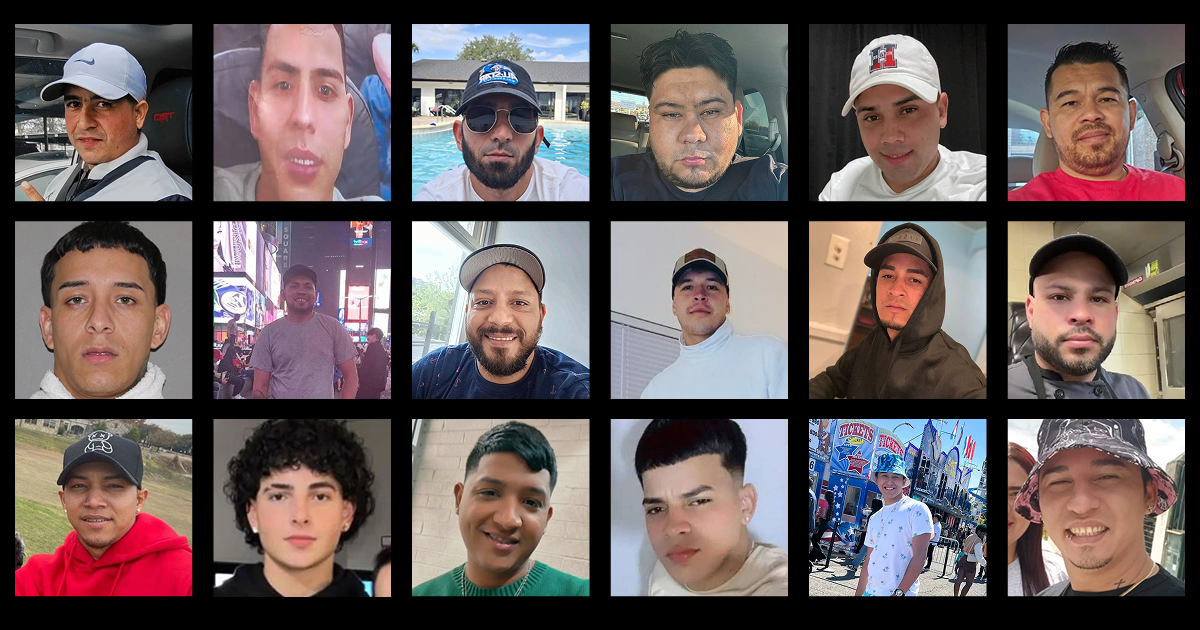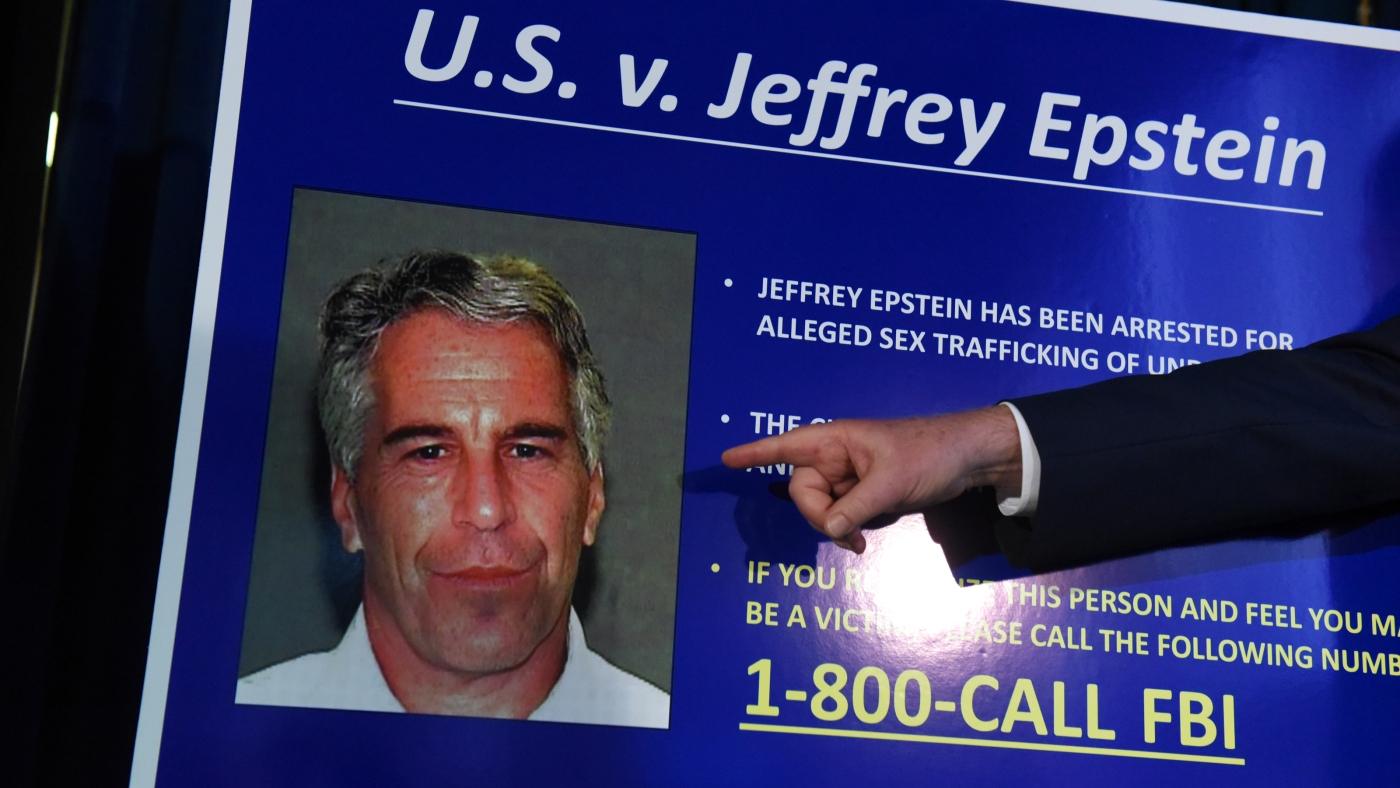The information in this database covers 238 of the Venezuelan men who were sent to CECOT, a maximum-security prison in El Salvador, on March 15, and whose names were first published by CBS News. The men were released last week and returned to Venezuela. (In total, more than 250 Venezuelan men were imprisoned and released.)
The database is part of a joint investigation by ProPublica, The Texas Tribune and the Venezuelan news outlets Alianza Rebelde Investiga (Rebel Alliance Investigates) and Cazadores de Fake News (Fake News Hunters). To confirm the deportees’ identities, we used the men’s dates of birth to search official Venezuelan government databases, including the identity card database of the Ministry of People’s Power for Interior Relations, Justice and Peace; the public database of the National Institute of Social Security; and the public database of the Venezuelan Electoral Registry. The news organizations interviewed family members of more than 100 of the Venezuelan deportees, in addition to dozens of attorneys and advocates representing the men. The interviews were conducted before the men were freed, and many were done in Spanish.
We combed social media accounts of the men and their relatives, news stories, U.S. government press releases and court documents. To determine what happened with their immigration cases, we analyzed records from the U.S. Department of Justice’s Executive Office for Immigration Review.
We also exclusively obtained data sets the government had about the men before it deported them. Those data sets included whether they had been convicted of crimes in the U.S., had pending charges or were listed solely as having immigration violations. Some information was missing about nine men. To verify and expand on that information, we then searched U.S. public records databases; reviewed police, sheriff’s department and county court websites; read through court documents; and submitted dozens of public records requests to law enforcement agencies and court systems across the country. The findings on criminal records are not comprehensive since there’s no universal database of charges or convictions.
To find criminal histories in foreign countries, we reviewed records from the official website of the Venezuelan Supreme Tribunal of Justice and consulted a global legal database. We also interviewed police officials in Peru, Chile and Colombia. In addition, we obtained three Venezuelan police databases and a January 2024 Interpol report to create a list of more than 1,400 names of alleged Venezuelan gang members, including members of Tren de Aragua. We checked that against the names of the 238 men and found no matches.
For individuals whom the Trump administration flagged as having pending criminal charges or convictions in the U.S., we attempted to reach out to their relatives and to their defense attorneys. If we got a response, we included it.
In addition, we asked the Trump administration about each of these cases. Unless it’s noted in individual entries, the administration did not respond to questions about the men.
The database reflects the ages of the men on March 15.













